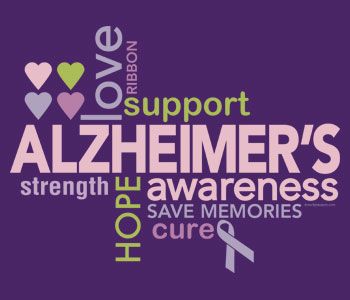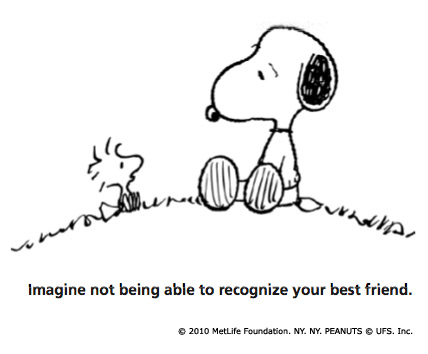
Although there is no cure for AD, certain intervention strategies are found in the past researches. Different stages of AD are benefited through controlling physical activities. “For example, regular physical exercises can lower the rate of conversion from mild cognitive impairment (MCI) to dementia” (Peng, 2017). Physical exercises can also obviously improve the cardiovascular functions which better supply the blood to the brain. Properly stimulating the brain is protective to AD. Common approaches include music and arts; stimulations that involves sound waves can clear amyloid in the blood stream. For patients with AD, their cognitive function can be improved and AD risk can be reduced through social communication as well. Besides, Mediterranean diet has less association with the growth of AD than the western diet. Better energy and nutrient supply can be provided in Mediterranean diet which also supports a stronger cardiovascular system. Finally, there are only four drugs for “AD mainly target synaptic stimulation” (Peng, 2017) that are FDA-approved. The studies of drugs are mainly focused on γ-secretase and tau, even though the clinical trials have not been successful yet. Chinese traditional medicine incorporates better impacts on entire body including brain.
The developments of treatments and for AD need more awareness from communities and scientists because “the prevalence of dementia expected to exceed 115 million worldwide by 2050” (Bradley, 2017). By improving the healthcare system, the increases the significance of early AD diagnoses; meanwhile, it would also modifies the treatments for diseases. Sample tests and guidelines should be provided in the primary care clinics. For example, the AD community needs to share the definitions of AD in different stages. The modification of the health systems produces “an evidence-based integrated care standard for AD” (Bradley, 2017). Finally, the treatment plans of AD should be personalized around the patients and their families.
The situation can only be improved when the collaboration between the public and private is stronger. Scientists will gain better understandings on the disease through sharing raw data from clinical trials. It would help many potential clinical therapies or medications become mature enough to be used. With the validated outcomes, there would be more payers willing to contribute to the funds.
